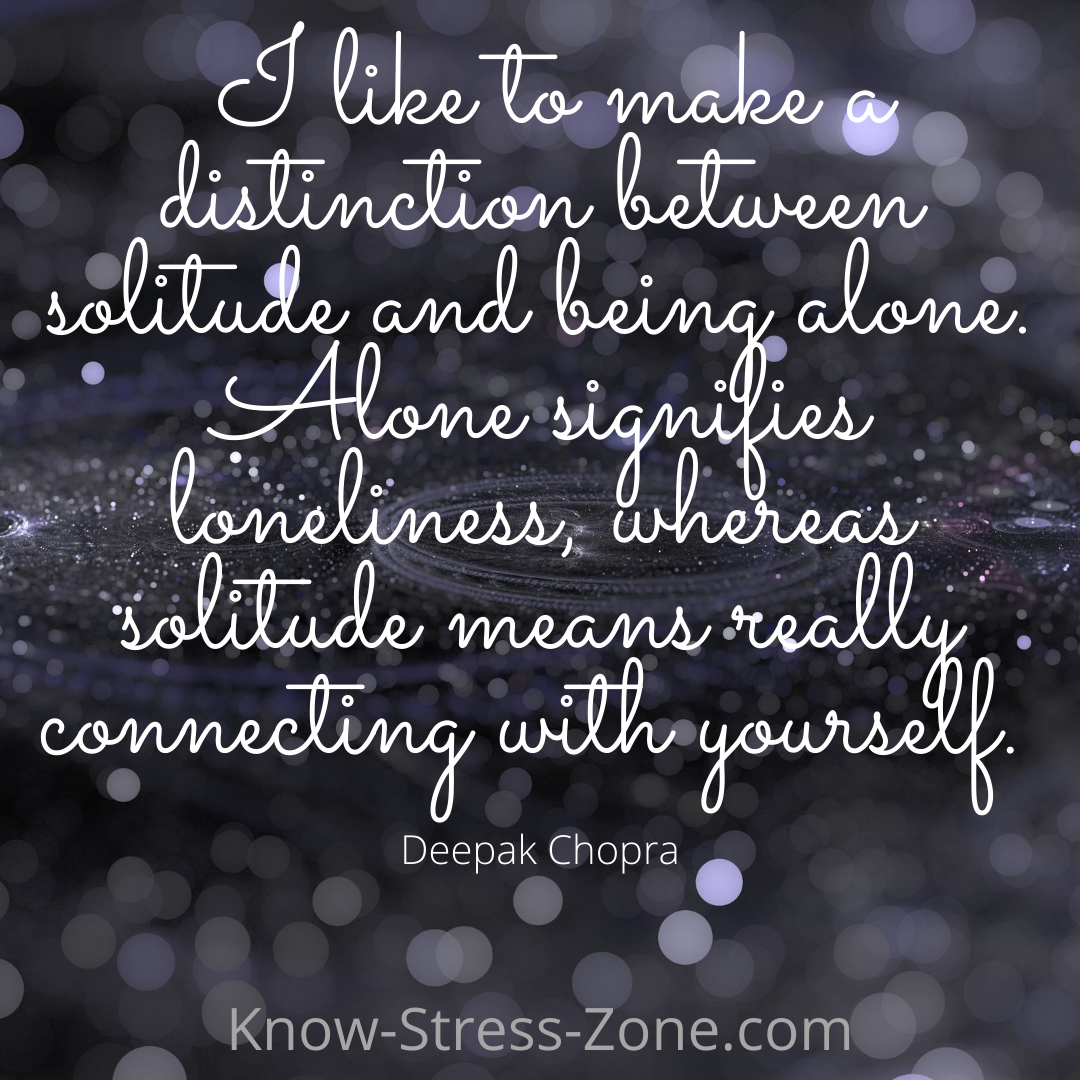Connect to Yourself: 5 Key Steps
Connect to Yourself: In my continued quest for self-improvement, I’ve noticed there’s a plethora of articles on how to develop healthy relationships with other people, but not many on how to work at improving your connection to yourself.
|
Ironically, there is no other relationship as vital to your health as the one you have with yourself. Believe it or not, this relationship dictates everything in your life. It shapes the way you manage relationships, deal with colleagues, and even how you sleep at night. Sometimes I wish I could disconnect myself from me!! I wish others could walk in my shoes. It would be easier for them to understand my challenges – one of which is having stepped in doo-doo!! Today, I’m going to reveal how improving your connection to yourself can make you a happier and more fulfilled individual. |
Ways to Connect to Yourself:
Acknowledge your beliefs, feelings, and goals
These carry serious weight. What do you stand for? How does it make you feel? Consider ways to build upon these feelings to meet and surpass your personal goals.
Be Kind to yourself
This is a tough one for me. My default setting gets stuck in “Treat Myself Like Crap” mode – fully engaged. Rarely, if ever, would I cut myself some slack.
Accept the fact that your imperfections and strengths are two sides of the same coin. They coexist to make up the person you are today. We can be our own worst enemies. We constantly criticize our imperfections and failures without mercy. How is this working for you? I am learning to be as kind to myself as I am to others. News flash: It feels good! Why not try something different for a change? The next time you look in the mirror, find one thing you appreciate about yourself. Praise yourself and show gratitude for it. You can also think about educational and professional accomplishments, or a kind deed you did for someone. I’m sure you can find at least one thing!
Listen to and Trust Yourself
When something feels off, it probably is. Pay attention to what your gut is telling you. Even if it’s difficult, uncomfortable, or goes against what others are telling you. However, I would caution against letting anxiety, fear, and a lack of self-confidence keep you from improving yourself and moving forward. Some things are okay to do even if you feel anxious. You may feel anxious about starting a new job and experience discomfort in your gut, but these are normal feelings when starting something new.
Establish Good Habits
Setting up healthy habits is a sure way to improve your relationship with yourself. Start from when you first wake up in the morning all the way to when you go to sleep. Remember the mind-body relationship! Some of these habits include:
- Journaling
- Using positive self-talk and affirmations
- Regular Exercise
- Eating healthy, well-balanced meals
- Practicing mindful meditation
- Asking a friend or therapist for guidance
I realize it can be extremely difficult trying to improve your connection to yourself. You will probably feel like a fish out of water when you first go about this task. I still have some work to do, but I am happy to report that it is possible. I’m doing a much better job, it feels great, and it becomes easier.
Here’s to a better connection to yourself! ~Ted
Connect to Yourself: 5 Key Steps ~parts adapted via PsychCentral.com
|
1. Notice Your Feelings Notice what you’re feeling at any given time. For instance, let’s say you’re rushing to an appointment. Take a moment to pause, and find where in your body you’re holding your stress. “Is it your jaw, stomach or neck?” Once you discover the tension, focus on breathing into it. 2. Name Your Feelings Another way to connect to yourself is by naming how you’re feeling at a particular moment. This could be as simple as saying one word to yourself, such as upset, angry or anxious. |
Example: If you’re going on a blind date, you might be experiencing several different emotions. You might feel excited about the possibility of meeting someone you like. And you might be stressed out about meeting a complete stranger. Acknowledge both these feelings by identifying and describing them.
3. Accept Your Thoughts and Emotions
The key to connecting with ourselves is doing so without judging our cognitions, feelings or experiences. It might feel counterintuitive, but accepting all of your thoughts and emotions — without pushing them away — will actually help you let go of stress and feel more grounded and more awake in the world.
Instead of judging yourself, again, focus on observing your feelings and noticing the sensations that arise in your body. Just like a river that flows by us as we stand on the bank to watch it, our feelings will move through us and pass us by.
You also don’t need to “do anything” or fix your feelings — simply notice.
4. Engage in Enjoyable solo activities
We also can connect with ourselves through solitude — engaging in solo activities that we find energizing or calming. Sample activities include: walking in nature; petting your dog or cat; creating art (focusing on the process, not the product); listening to favorite music; and cooking dinner.
Recall the activities you enjoyed as a child and giving those a try today.
As you do these things note how you are feeling and breathe through the experience. When tough moments arise in your life, summon these feelings of serenity to help you cope.
5. Practice Self-Compassion
Self-compassion is a big part of connecting to yourself. Contrary to popular belief, self-compassion isn’t self-indulgent, and it doesn’t lead to complacency.
Research shows that self-compassion actually correlates to better results whether it be performing in a race, in a courtroom or even feeling comfortable in our own selves.
Connecting to yourself is a daily process. It entails focusing on our feelings, letting go of judgment and being kind. One step, thought and feeling, at a time.
Connect to Yourself and More Great Stuff Here Connect to Yourself Connect to Yourself

